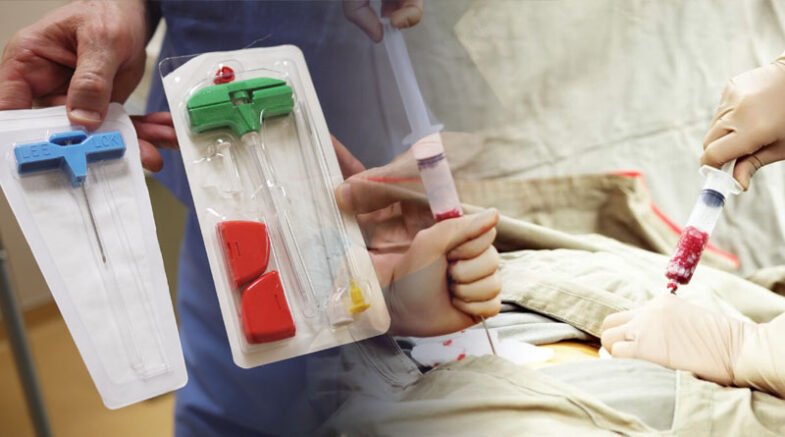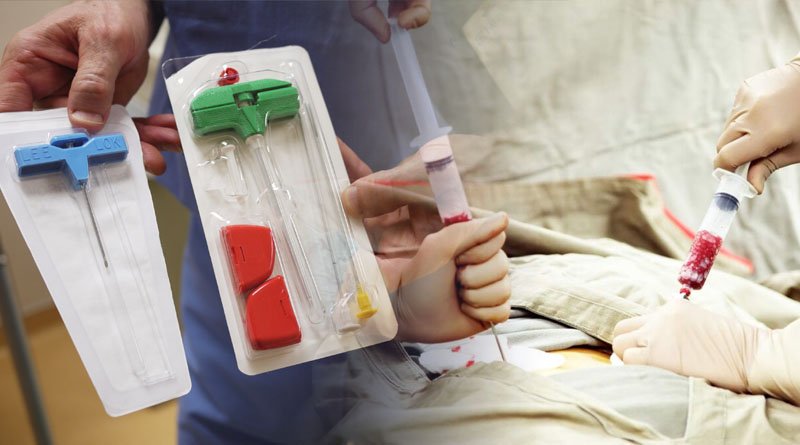Shifa International confirmed that several transplant procedures have been put on hold in recent weeks due to a lack of ATG injections and kits for bone marrow transplant.

A serious health crisis has emerged as a result of the country’s acute liquidity crisis, forcing several leading transplant centres to halt kidney, bone marrow, and liver transplants due to a critical and imported medicine used to prevent the body from rejecting any transplanted organ, leading transplant surgeons and officials said on Tuesday.
They claimed that the essential medicine known as Anti-Thymocyte Globulin (ATG) was not being imported due to a dollar liquidity crunch in the country and that, as a result, not only kidney transplants but also liver and bone marrow transplants were not being performed across the country. This is a serious concern, as organ transplants are a life-saving procedure for individuals suffering from organ failure.
“We have been unable to perform kidney transplants at the Pakistan Kidney and Liver Institute and Research Center (PKLI&RC) for the past two to three weeks due to a lack of ATG (anti-thymocyte globulin). “This medicine is imported, but firms are not supplying it due to a dollar liquidity crunch,” Prof. Faisal Saud Dar, Chief of PKLI &RC, explained.
Shifa International, Islamabad, one of the leading transplant facilities, has also confirmed that several transplant procedures have been put on hold in recent weeks due to a lack of ATG injections and kits for bone marrow transplant. Organ transplants refer to a medical procedure in which a diseased or malfunctioning organ is replaced with a healthy one from a donor.
Pakistan is experiencing a shortage of essential medicines and medical equipment because local banks are refusing to open Letters of Credit (LCs) for imports of active pharmaceutical ingredients (API) for locally produced medicines, several vaccines, immunoglobulins, and biological products for the treatment of cancer and other diseases.
The same is true for medical equipment, which is not being imported due to a dollar liquidity crisis, and healthcare professionals are concerned that if the LC issue is not resolved, heart surgeries requiring valve replacement, angioplasties, and a variety of other critical surgical procedures and interventions will be halted soon.
Dr. Faisal Saud Dar maintained that kidney transplants were not being performed at PKLI&RC and several other transplant centres in Islamabad, Lahore, and Karachi due to a severe shortage of ATG injections and that no one would be willing to risk performing kidney transplants without them.
“There is an urgent need to ensure the availability and provision of ATG injections and some other essential medicines to save lives.” “We can live without a few other imported items but not without importing essential medicines, raw materials, and medical equipment,” Prof. Dar added.
Officials at another transplant centre, Gambat Institute of Medical Sciences (GIMS) in Khairpur, Sindh, confirmed that they were only performing “emergency” kidney transplants because the critical medicine ATG was unavailable. They warned that if supplies were not restored within the next few days, the situation for patients in need of transplants would become extremely critical.
“This is an essential medicine whose stocks have almost depleted, and the companies supplying ATG are unable to import it. “We’re also having issues with bone marrow and liver transplants,” said Dr. Rahim Bux Bhatti, Director of GIMS.
The GIMS director stated that they were the largest transplant centre in the country, performing free kidney, bone marrow, and liver transplants, and that people from all over Pakistan came to them for life-saving procedures. However, due to a lack of essential medicines and supplies, they could only perform procedures that were absolutely necessary.
“The government must address the issue urgently and seriously because we require a continuous supply of essential medicines to save the lives of hundreds of patients,” Prof. Bhatti added.
According to officials of Allmed Laboratories, which imports ATG injections from Germany, approximately 2,000 injections of the essential medicines were stuck at Karachi Airport because local banks did not approve the Electronic Information Form (EIF), a financial requirement that prevented customs authorities from releasing any shipment.
“Two consignments of 2,000 ATG injections are lying at Karachi airport, but customs is refusing to release them due to verbal instructions from the State Bank of Pakistan,” an Allmed Laboratories official explained.
When contacted, officials from the Drug Regulatory Authority of Pakistan (DRAP) stated that, based on their recommendations, the Ministry of National Health Services had written to the Ministry of Finance to facilitate the pharmaceutical sector in helping patients.
